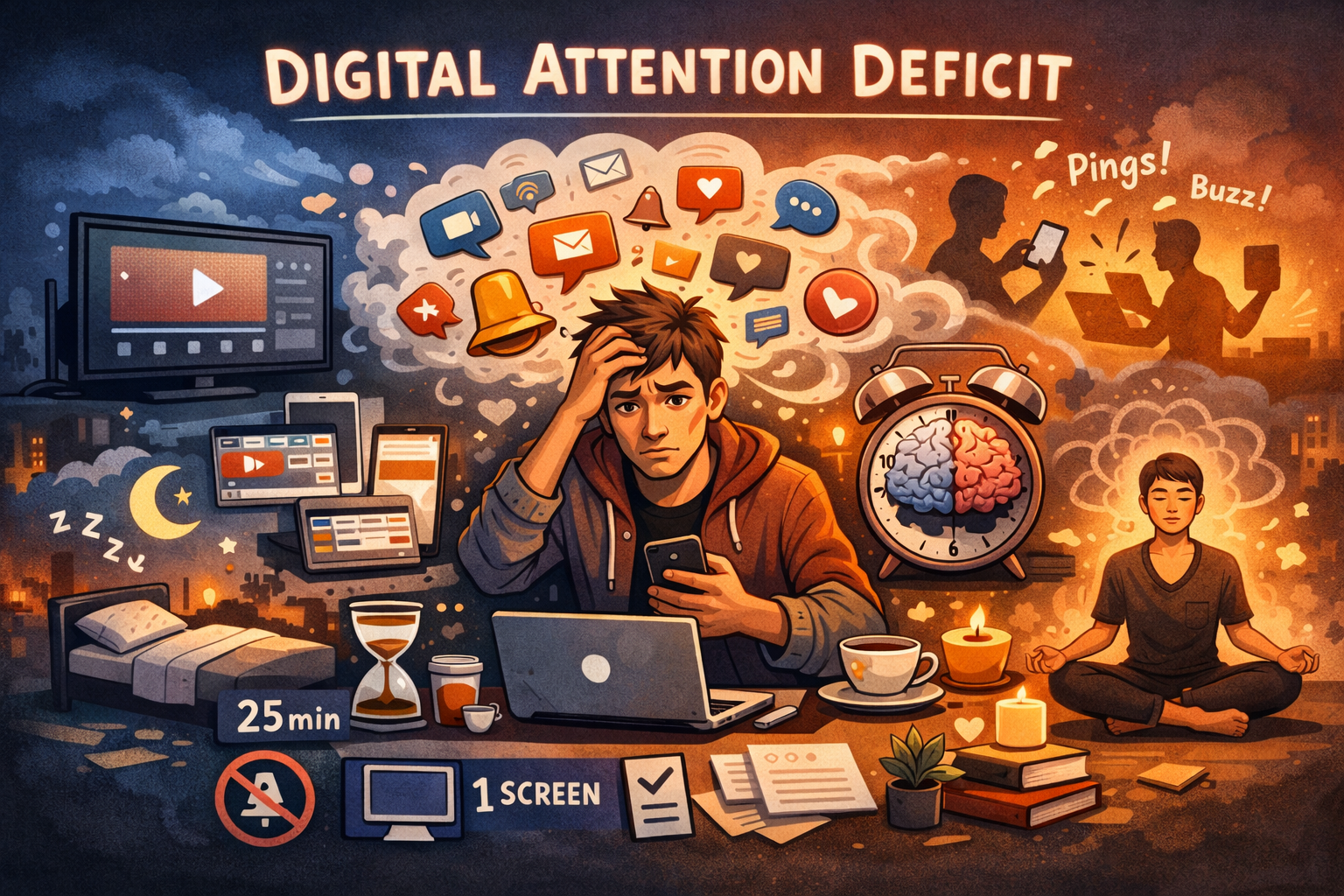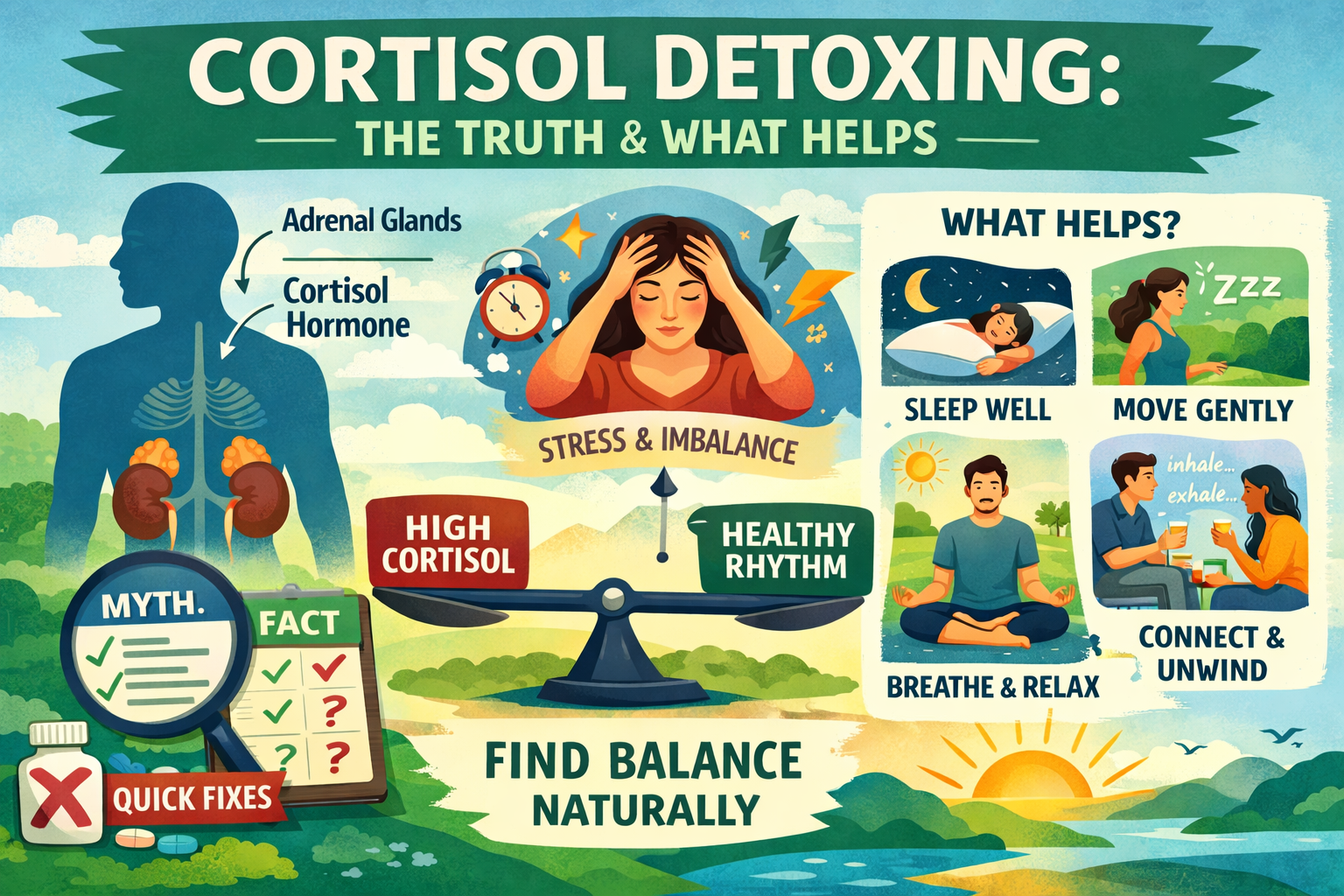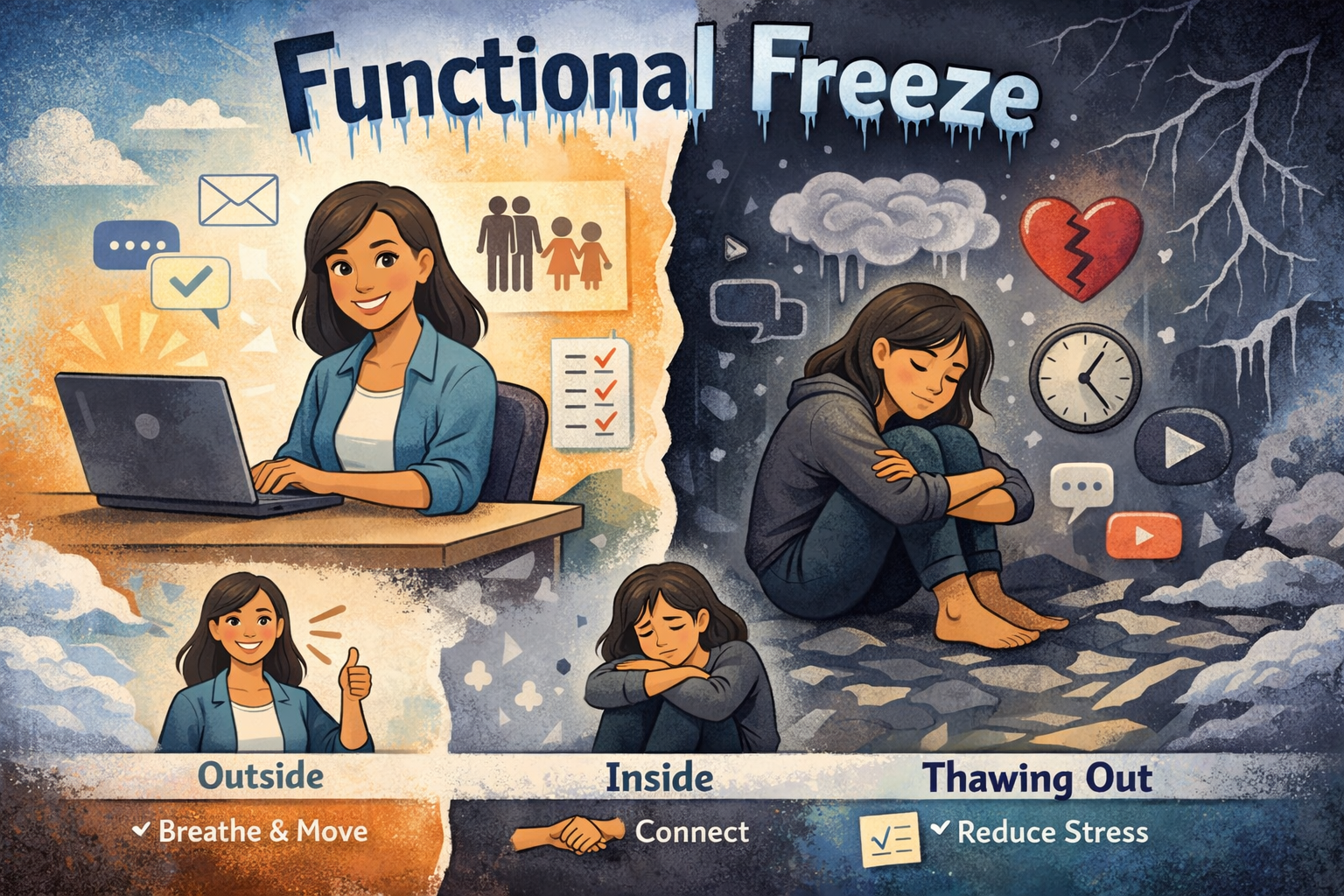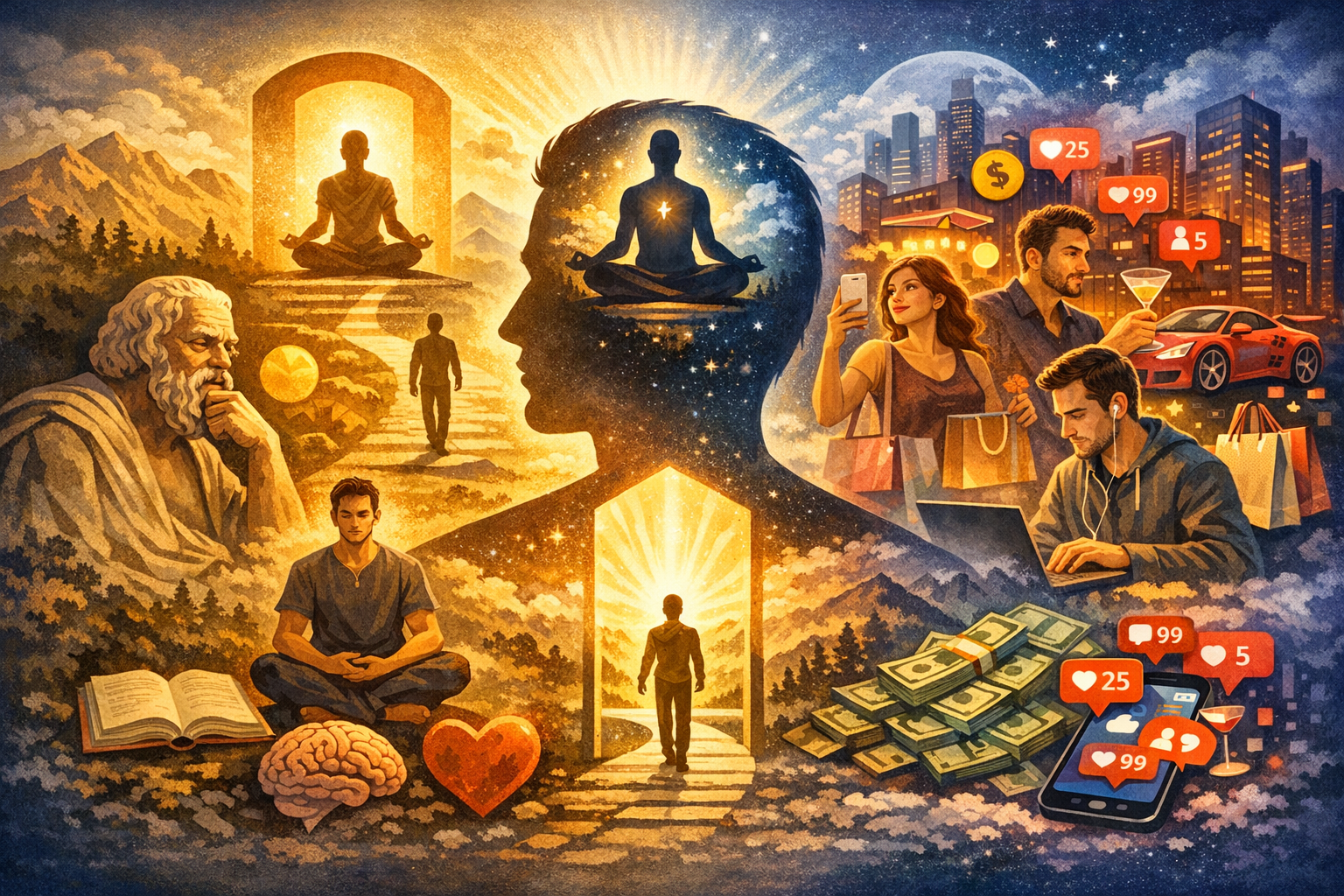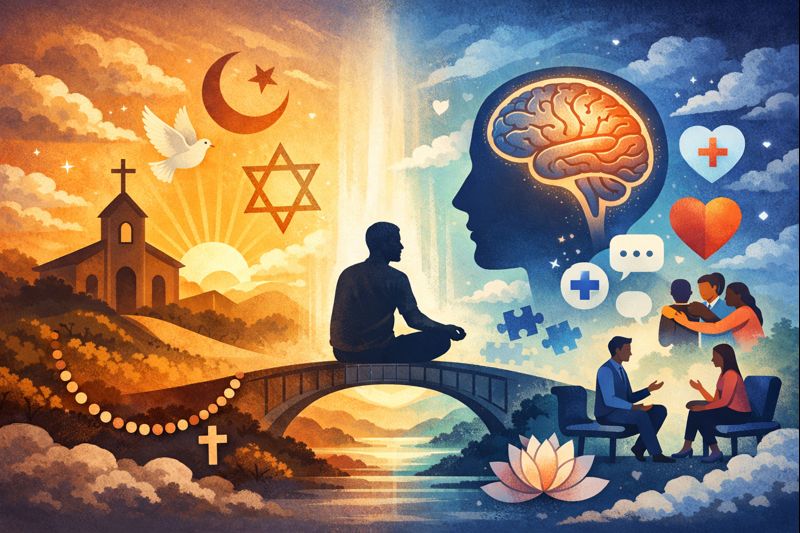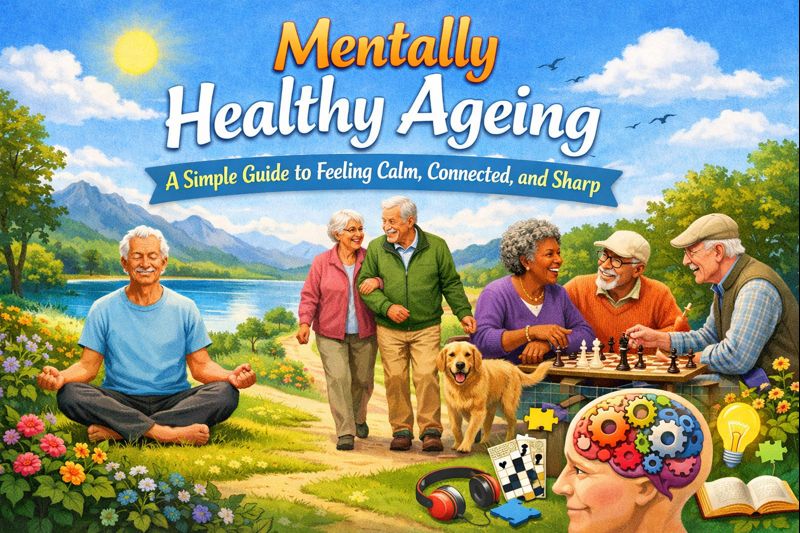Introduction: When We Ask “Why Are We Here?”
There comes a time in our lives when we introspect and ask ourselves — Why are We here? Are we here for a bigger purpose or our life is a product of innumerable random events? These moments of life when such meaningful question arise are not signs of weakness, but of being a human.
Philosophers call it an existential crisis, psychologists often see it linked with anxiety and depression. In our modern age, even AI is involved with the conversation to help us reflect, introspect, and try to find deeper meaning of life.
As Viktor Frankl, the psychiatrist and Holocaust survivor, beautifully wrote in Man’s Search for Meaning: “Those who have a ‘why’ to live, can bear with almost any ‘how’.” This book is among the widely read works that answer many deeper questions relating to our existence.
The Link Between Existential Crisis and Mental Health
Existential crises are not uncommon. Many of us do experience them after challenging life events such as loss of a loved one, career changes, retirement, or even global challenges like climate change or the COVID-19 pandemic. These moments shake our beliefs and trigger deep questions.
Psychological studies show that people facing existential crisis or anxiousness often report higher levels of stress, feelings of hopelessness, and depressive symptoms. A Journal of Clinical Psychology (2021) study found that individuals who lacked a sense of meaning were three times more likely to struggle with long-term depression.
This is where our mental health becomes deeply and intimately intertwined with life’s philosophy. When we cannot answer “What gives my life purpose?” we feel lost, and that emotional distress impacts everything—from sleep and energy to relationships and motivation.
Philosophy Meets Psychology: Searching for Meaning
We, as humans, have always turned to philosophy in times of uncertainty. Ancient texts like the Bhagavad Gita encouraged us to rise above despair and focus on duty (dharma).
The Stoics believed in accepting what we cannot control and building inner strength. The philosophy advocates that we should focus on what we can control—our thoughts, actions, and behaviour— instead of worrying about the uncontrollable.
Modern psychology strongly agrees with these lessons. Existential therapy helps people confront the inevitability of death, freedom, and loneliness, and still find meaning in life.
As Albert Camus once said: “You will never be happy if you continue to search for what happiness consists of. You will never live if you are looking for the meaning of life.” This paradox reminds us that sometimes the journey of questioning itself can be healing.
AI as a Modern Mirror: Can Technology Help Us Reflect?
Now enters a surprising ally—Artificial Intelligence. While AI cannot replace human wisdom or empathy, it can certainly act as a mirror for self-reflection.
-
Mental health chatbots like Woebot or Wysa encourage users to talk about anxiety, chronic stress, and worries, helping reframe negative thoughts in real time.
-
AI journaling tools analyse daily reflections, highlighting recurring patterns like self-doubt or loneliness.
-
AI meditation apps personalize sessions, reminding us that even a few minutes of mindfulness can calm the stressed mind.
A Nature Digital Medicine (2022) study reported that AI-based mental health apps reduced anxiety symptoms by up to 30% in young adults. While not perfect, they provide accessible support when human counselors are not immediately available.
The Emotional Side: We Are Not Alone
When caught in existential despair, it’s easy to feel isolated. But we must remind ourselves: this is a shared human experience.
As the poet Rumi wrote: “The wound is the place where the light enters you.”
Existential crises can actually become opportunities for growth—forcing us to ponder deeper issues, discover who we truly are, and strengthen our mental health through meaning.
A Practical AI-Aided Philosophy of Life
So how do we bring philosophy, psychology, and AI together? Here are some practical steps:
-
Journaling with AI prompts – Let AI nudge us with deep questions like “Why am I here?” Writing such reflections uncovers clarity.
-
Guided Meditation – AI apps can personalize practices to relax and declutter the mind.
-
Daily Meaning Practice – Write one thing daily that gives life meaning. Over time, this strengthens emotional resilience.
-
Limit Screen Time for Connection – AI is a tool, but true meaning comes from social connections with family and friends.
-
Seek Support – If mental health feels compromised, seek professional therapy or support groups for relief and healing.
Conclusion: From Crisis to Growth
Existential crises remind us that life is not just about survival, but about meaning and purpose.
AI, when used wisely, can be our companion for reflection, but the ultimate answers lie within us—in our values, connections, and courage.
As Viktor Frankl taught: “When we are no longer able to change a situation, we are challenged to change ourselves.”
Let us embrace existential questions not as obstacles, but as guides toward growth. With ancient wisdom, modern psychology, and AI-powered support, we can nurture both our mental health and our search for meaning.
Are you looking for inner peace, deep relaxation or holistic solutions for mental health? Visit http://themindtherapy.in - your space for online counselling/therapy, free mental health tests, meditation, sound therapy etc.
Mind Therapy is India's trusted platform for mental health, mindfulness, and holistic healing. Explore expert-led programs, guided meditation, sound therapy and counselling at http://themindtherapy.in



